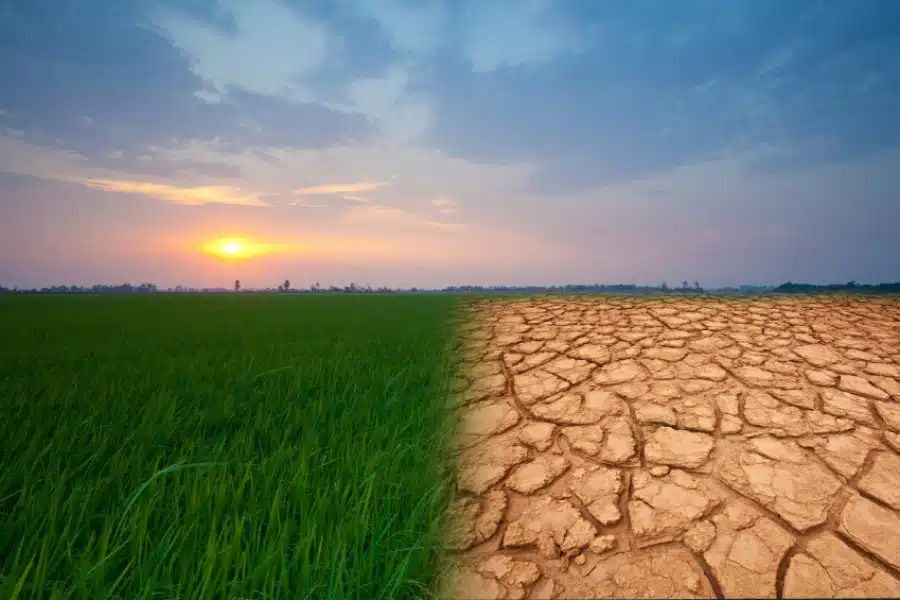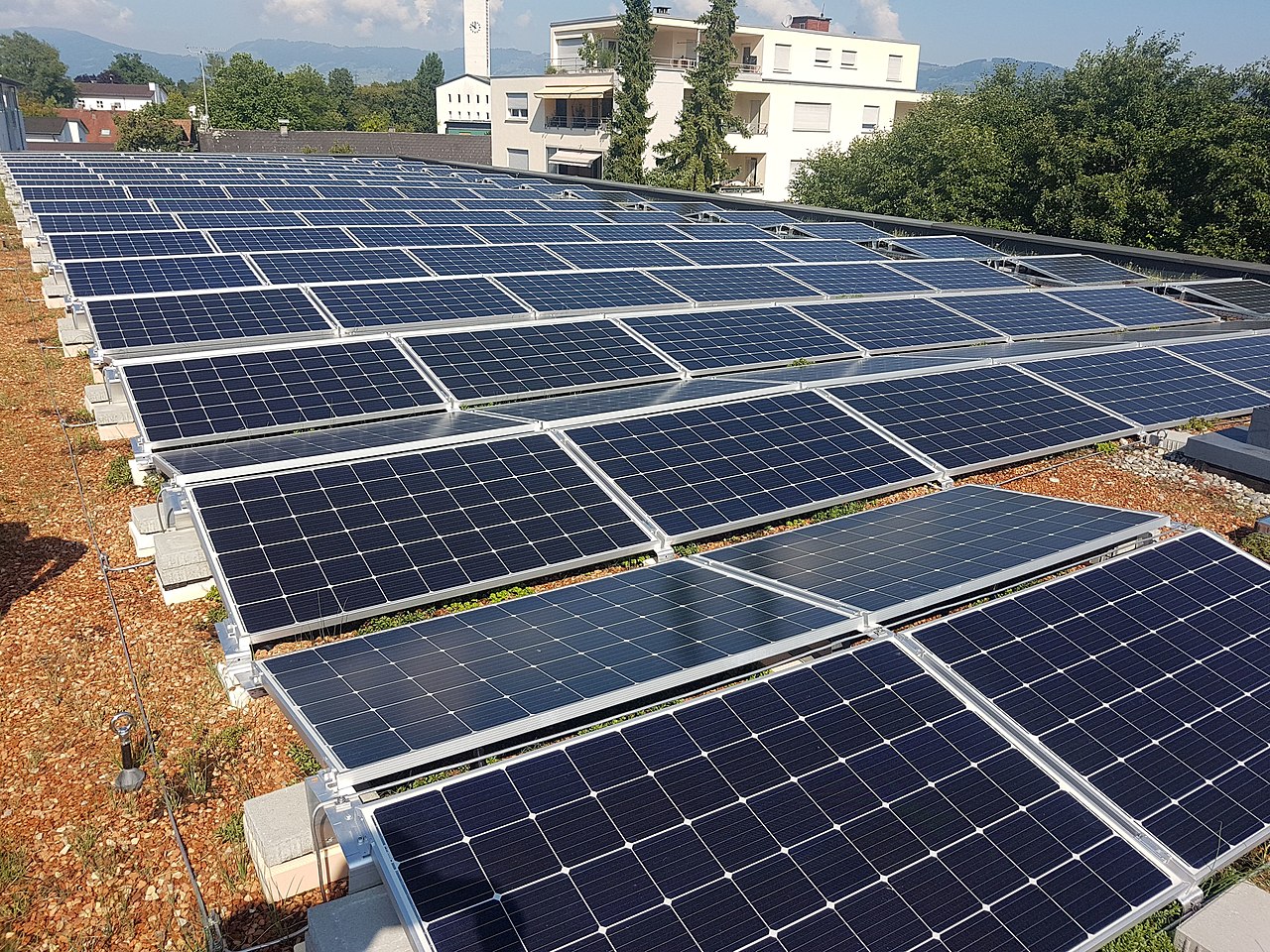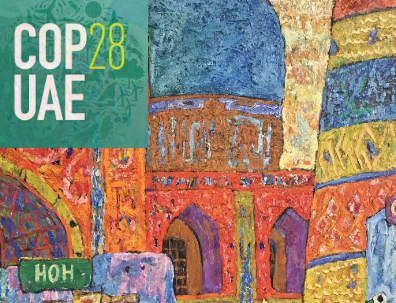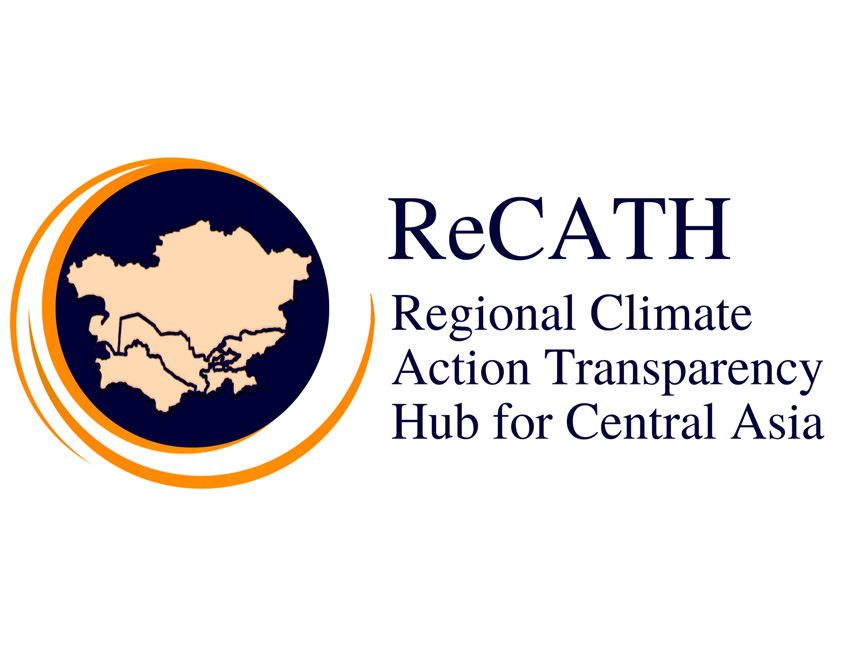Program News
Background
The program supports the countries of Central Asia in formulation their national policies on climate change and sustainable energy, through the use of low-carbon development principles, energy efficiency, promotion of renewable energy sources (RES) and introduction of adaptation and climate resilient measures.
The program prioritizes an inter-disciplinary approach in tackling climate change and sees adaptation, sustainable energy and low-carbon development as key instruments towards implementation of the Paris Agreement to achieve the goals of the UN Framework Convention on climate change. The program also foresees capacity building, knowledge sharing and information exchange as well as maintains a network of local, sub-regional and international experts. CCSE team participates in global climate processes, facilitates a sub-regional dialogue and promotes a south-south cooperation.
For the time being, CCSE program is a member of the Climate Technology Centre and Network (CTCN) and partner of the Nairobi Work Programme on impacts, vulnerability and adaptation to climate change (NWP), which are key operational arms of the UNFCCC Convention. CAREC is a sub-regional hub of the Asia Pacific Adaptation Network (APAN), while CCSE is a focal point, which assures the recognition of common interests of the countries of Central Asia towards climate resilience and adaptation within regional and international platforms. It also promotes a regional cooperation on sustainable energy and particularly sees this opportunity in the context of the regular policy dialogues and forums, which are facilitated by UN ESCAP.
Key partners and sponsors of the program are Federal Ministry of Environment, Nature Conservation, Building and Nuclear Safety, GIZ (Deutsche Gesellschaft fur Internationale Zusammenarbeit), USAID (US Agency for International Development), European Commission, UNFCCC Secretariat (UN Framework Convention on climate change), UNEP (UN Environment Program), UNDP (UN Development Program), UN ESCAP (UN Economic and Social Commission for Asia and the Pacific), World Bank team, APAN partners, Governments of Japan and Korea.
For more information follow the link.






